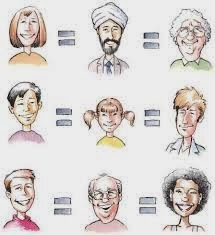THE LAW OR EQUAL PROTECTION LAWS with in the territory of India."
This provision aims at establishing Equality of status
in the preamble and guarantees to all persons, including
women and children, The right to equality in law.
Article 14 is general provision & has to be read subject to
the other provisions with in the part -III on Fundamental
rights. Hence, any law making provision for women and
children under Article 15 (3) cannot be challenged on the
ground of contravention of Article14. The special provisions
made under these provisions must be with in reasonable limits.
ground of contravention of Article14. The special provisions
made under these provisions must be with in reasonable limits.























